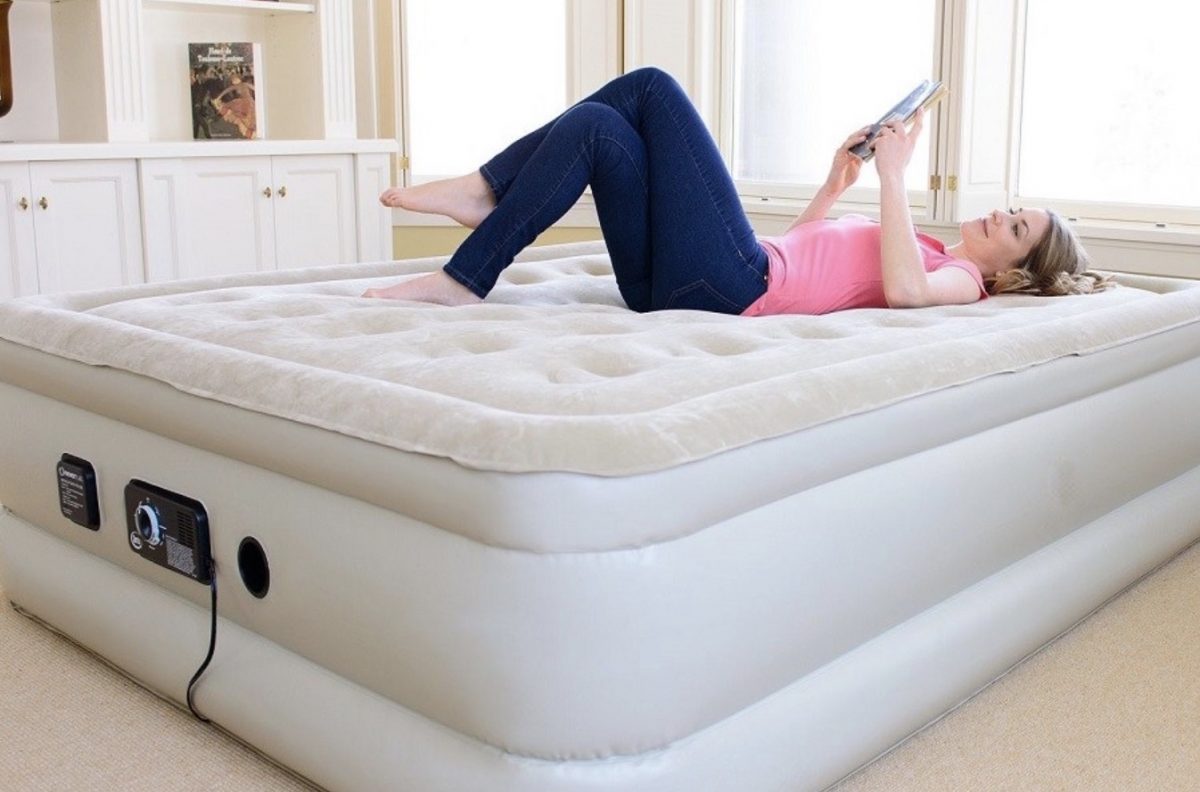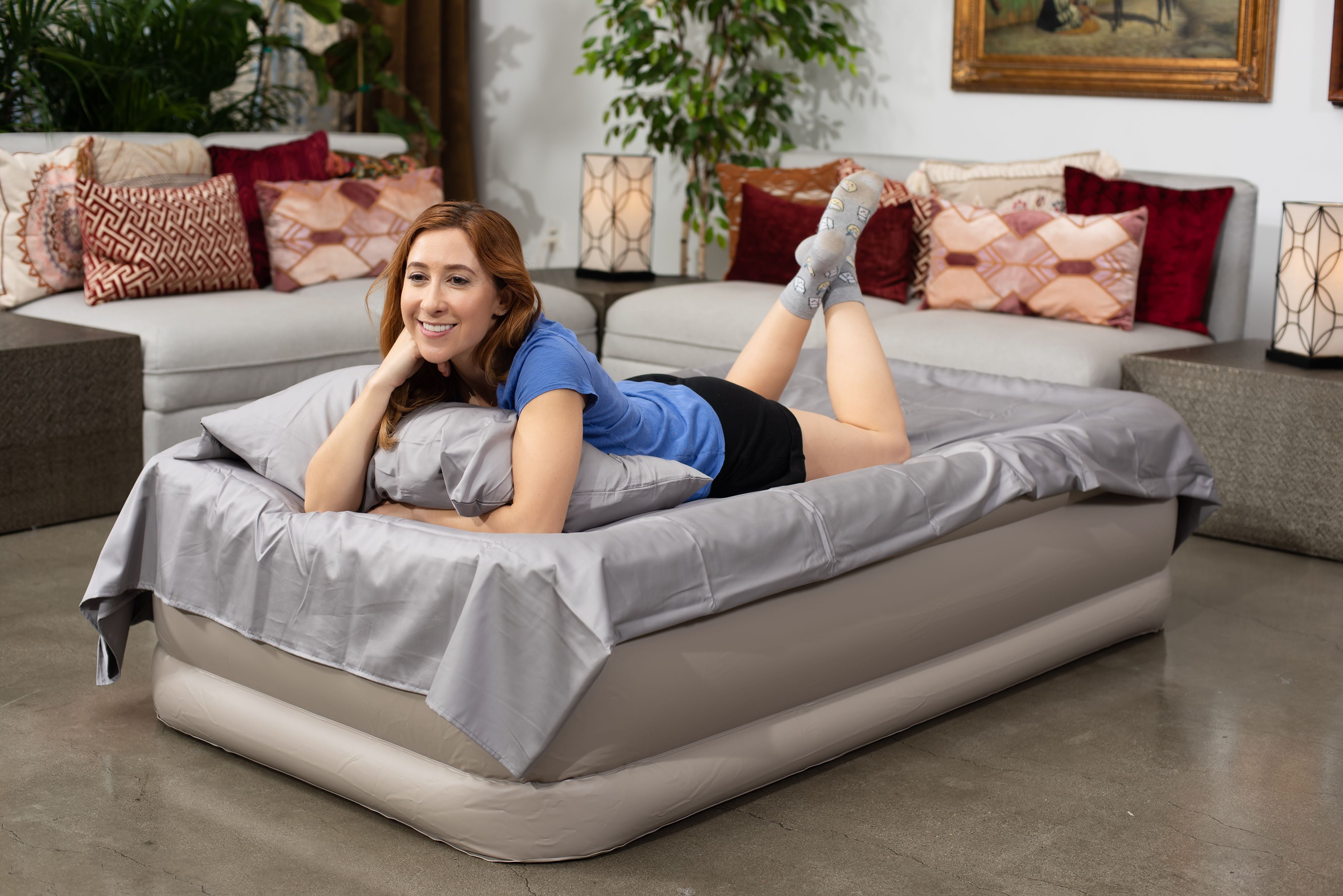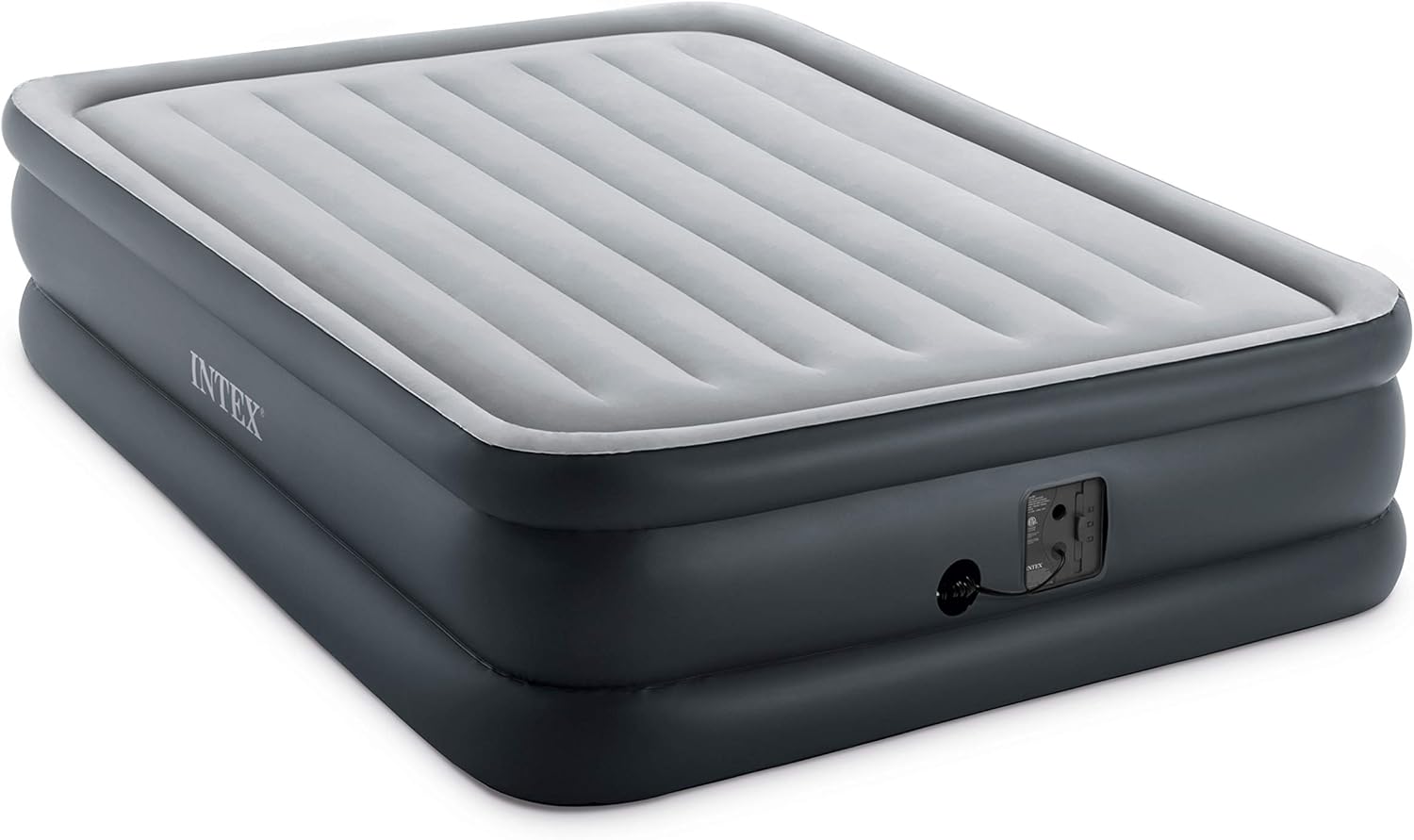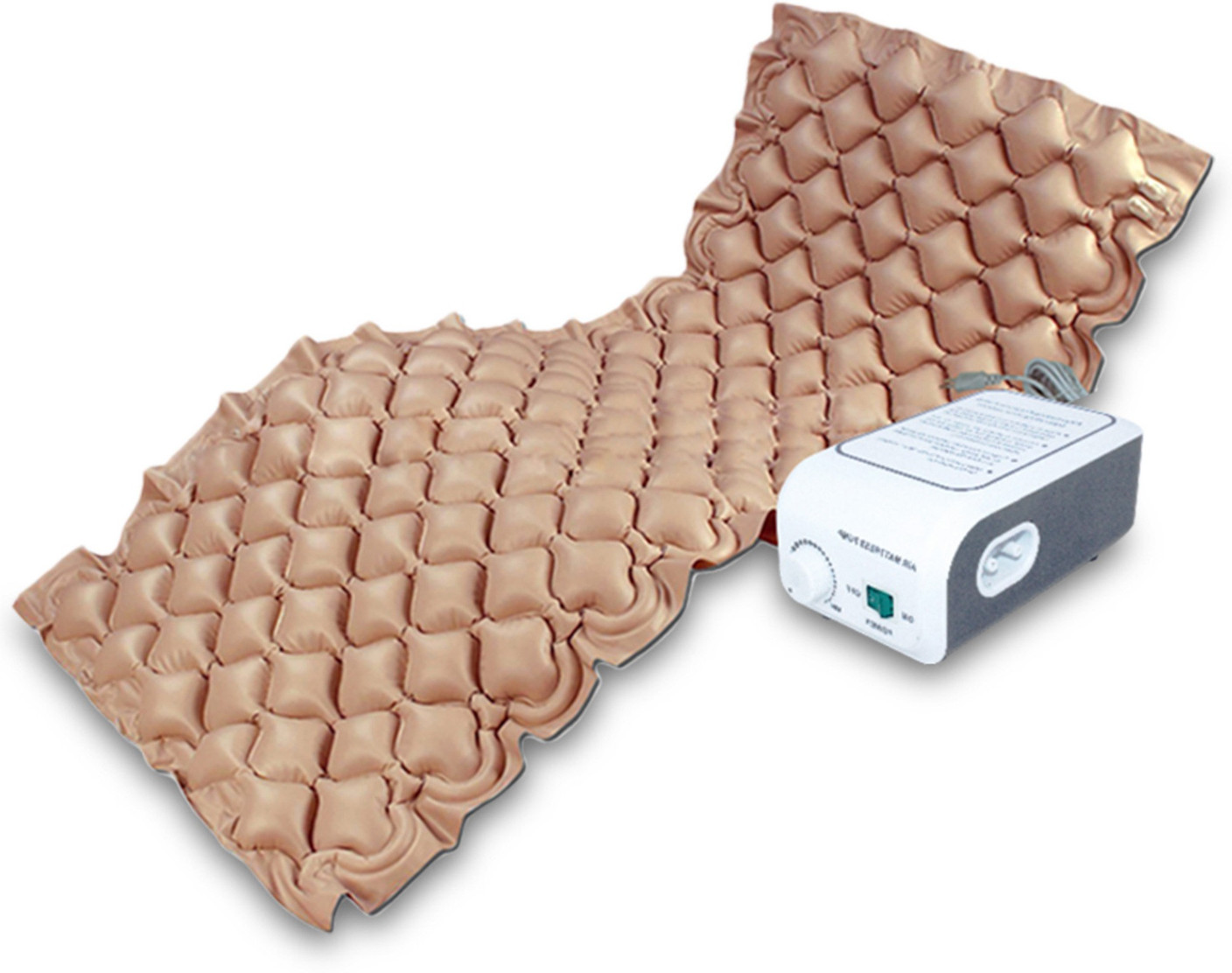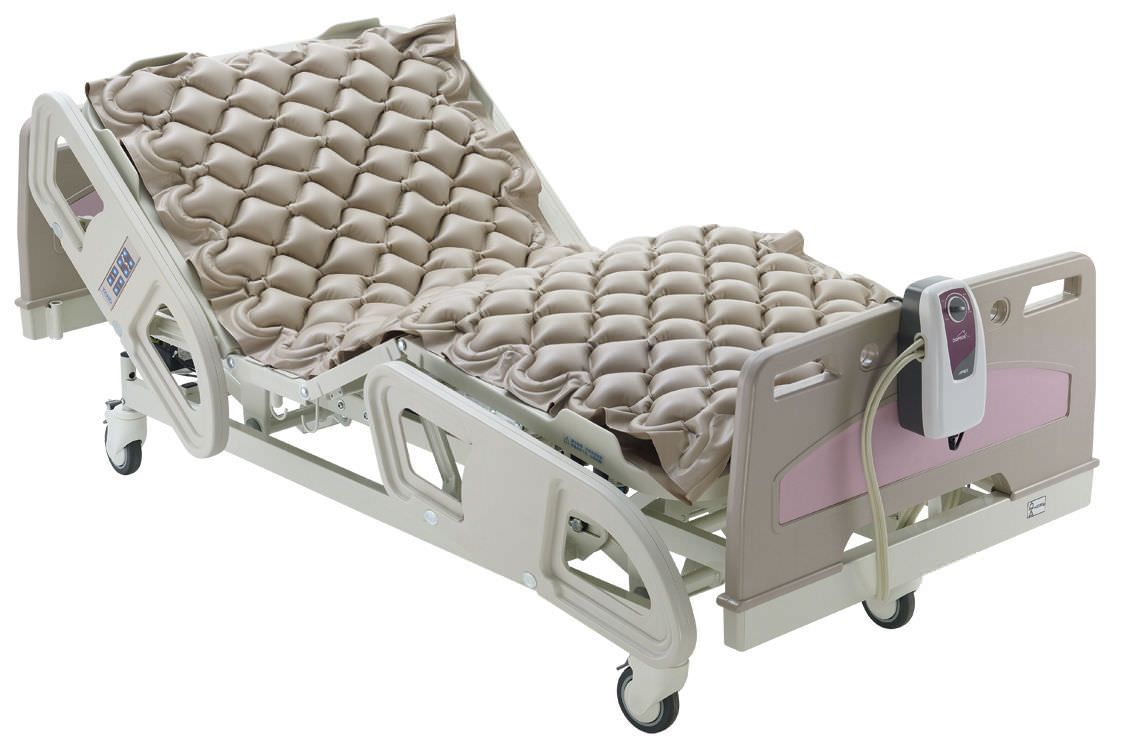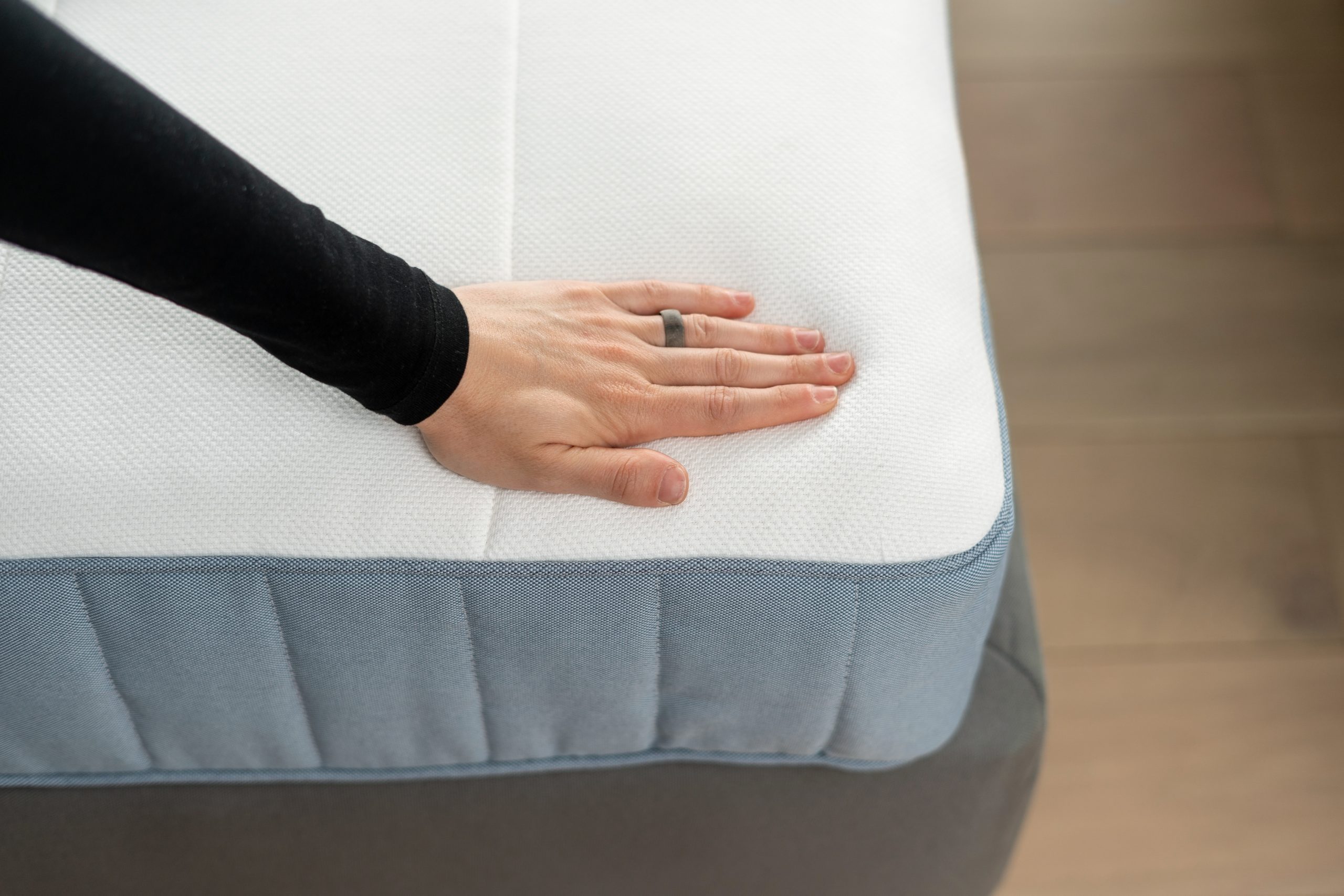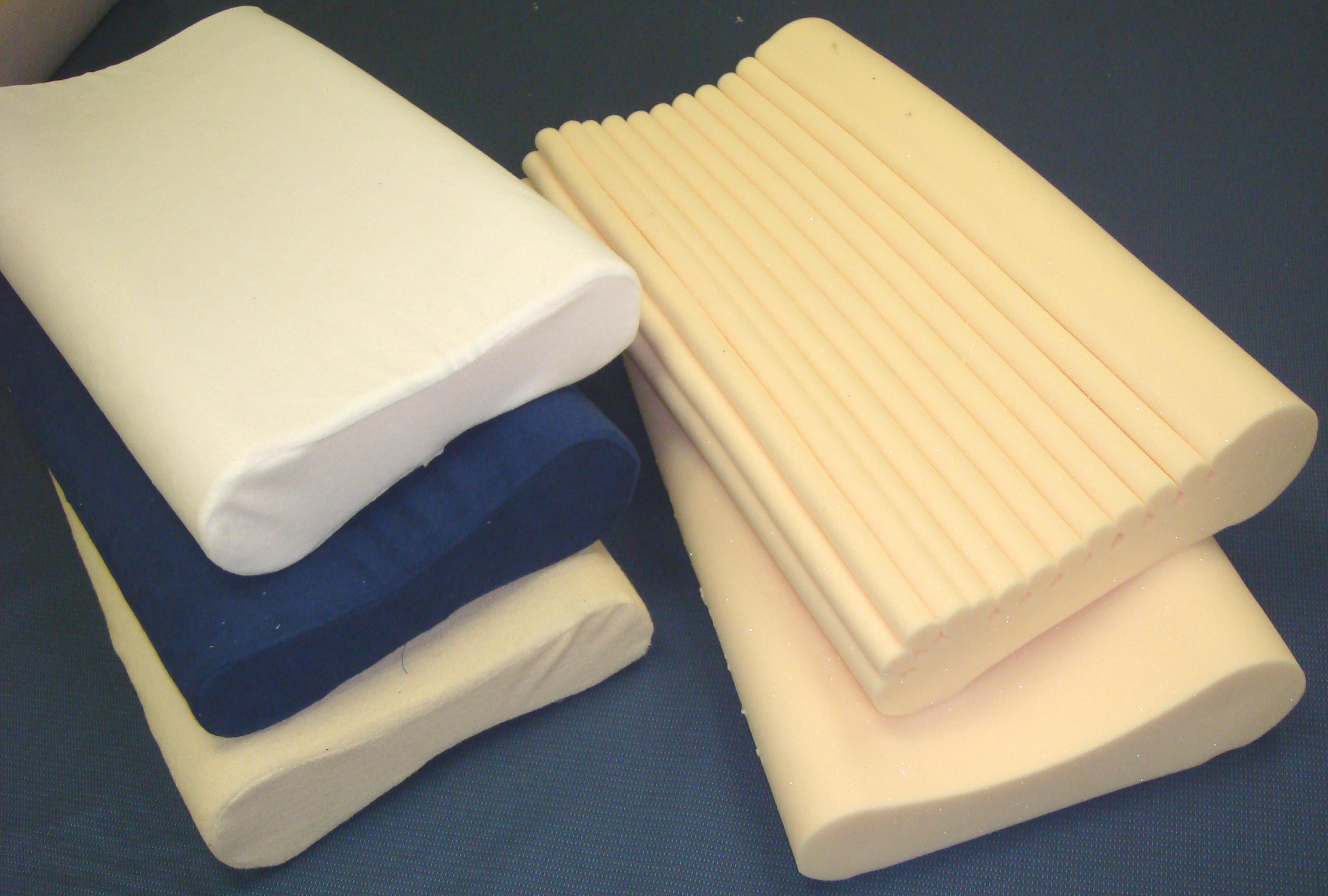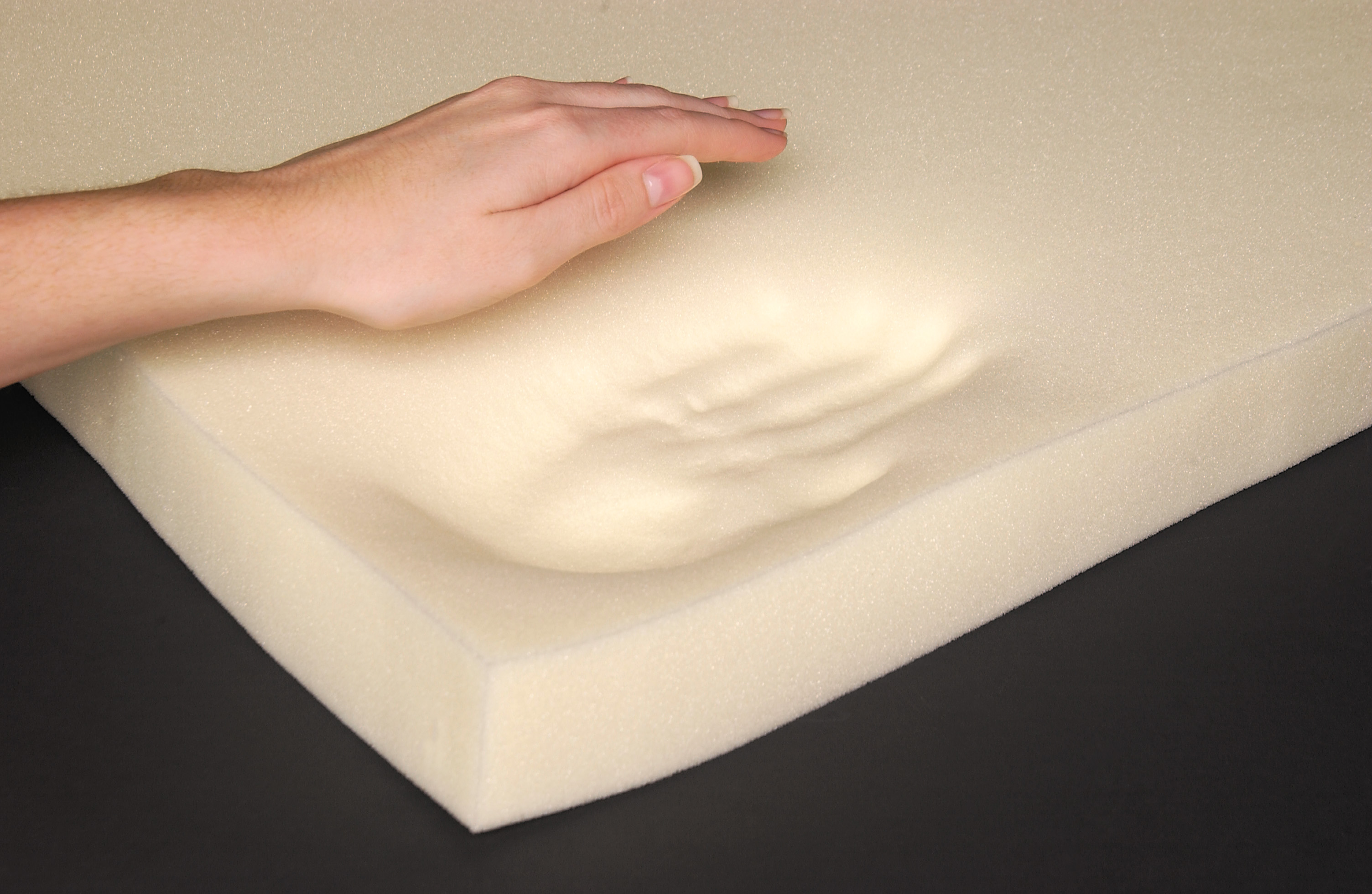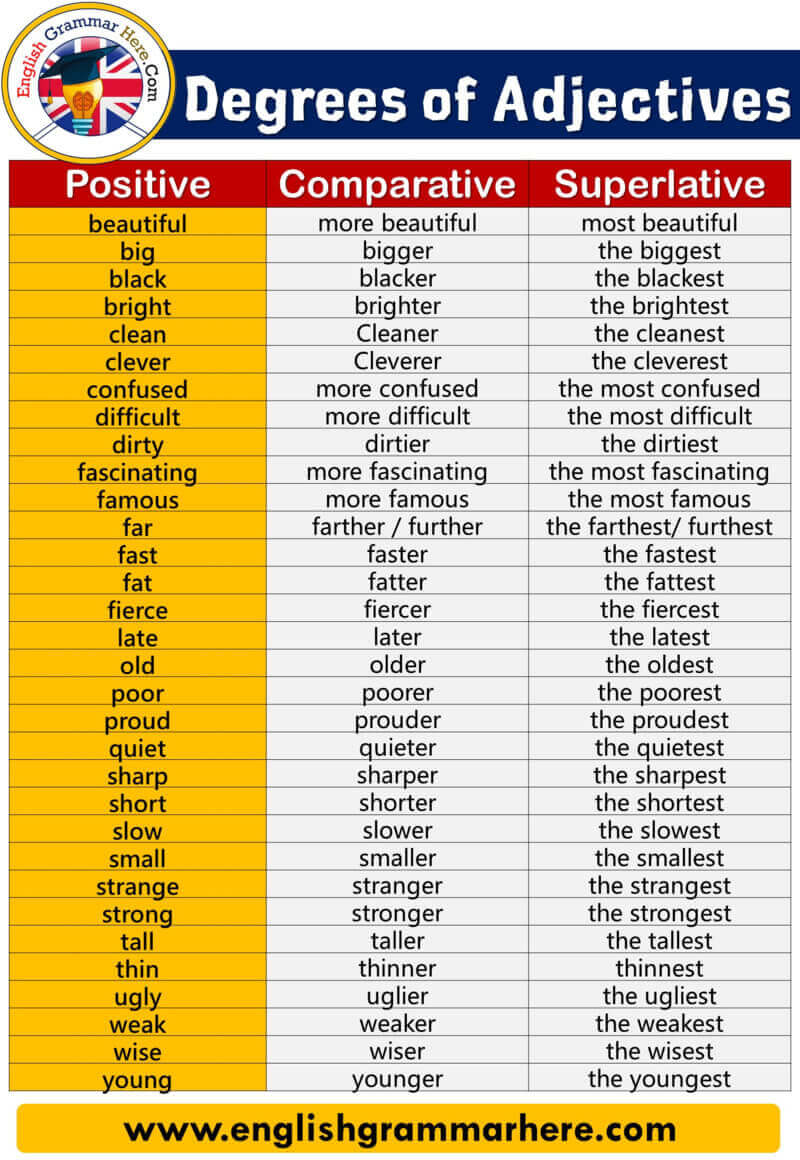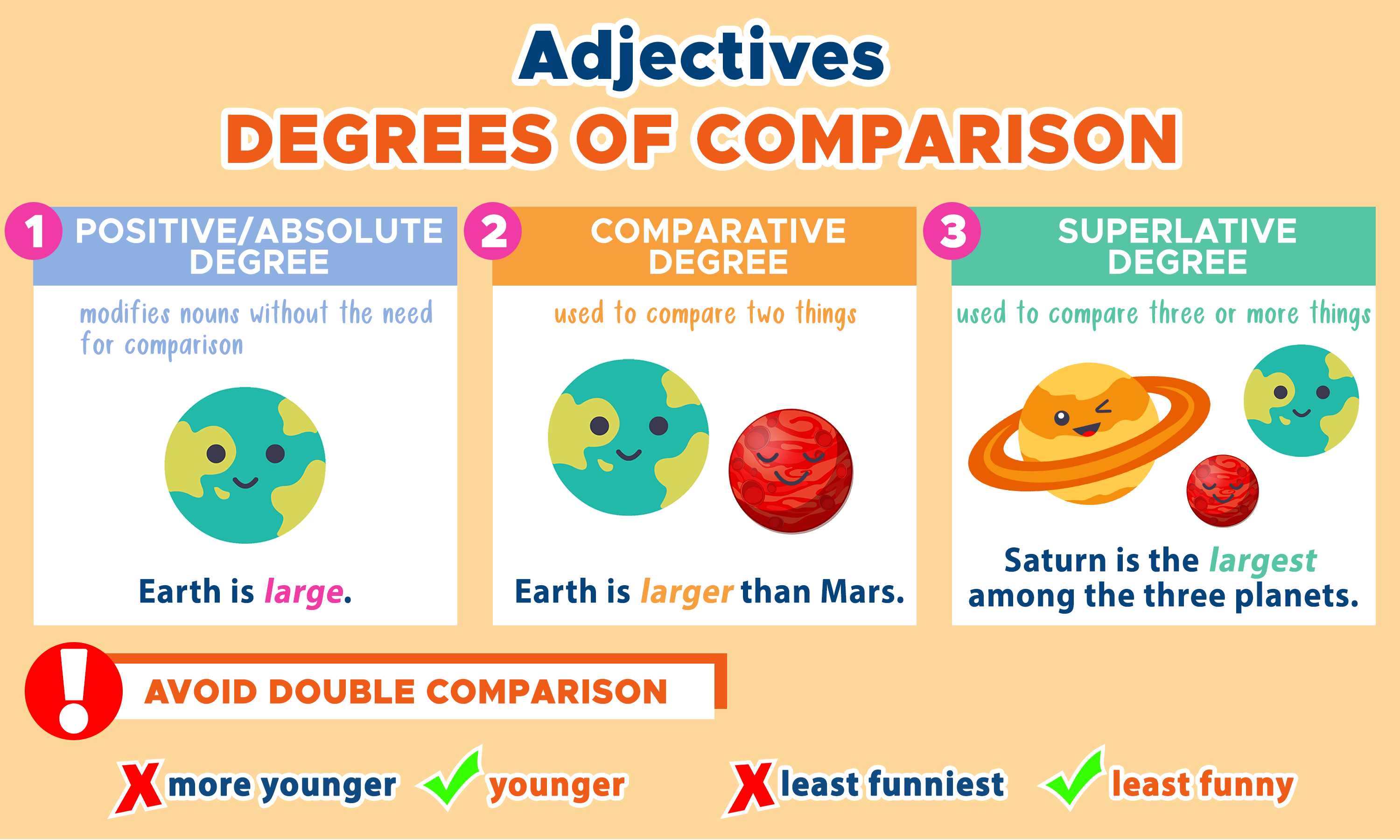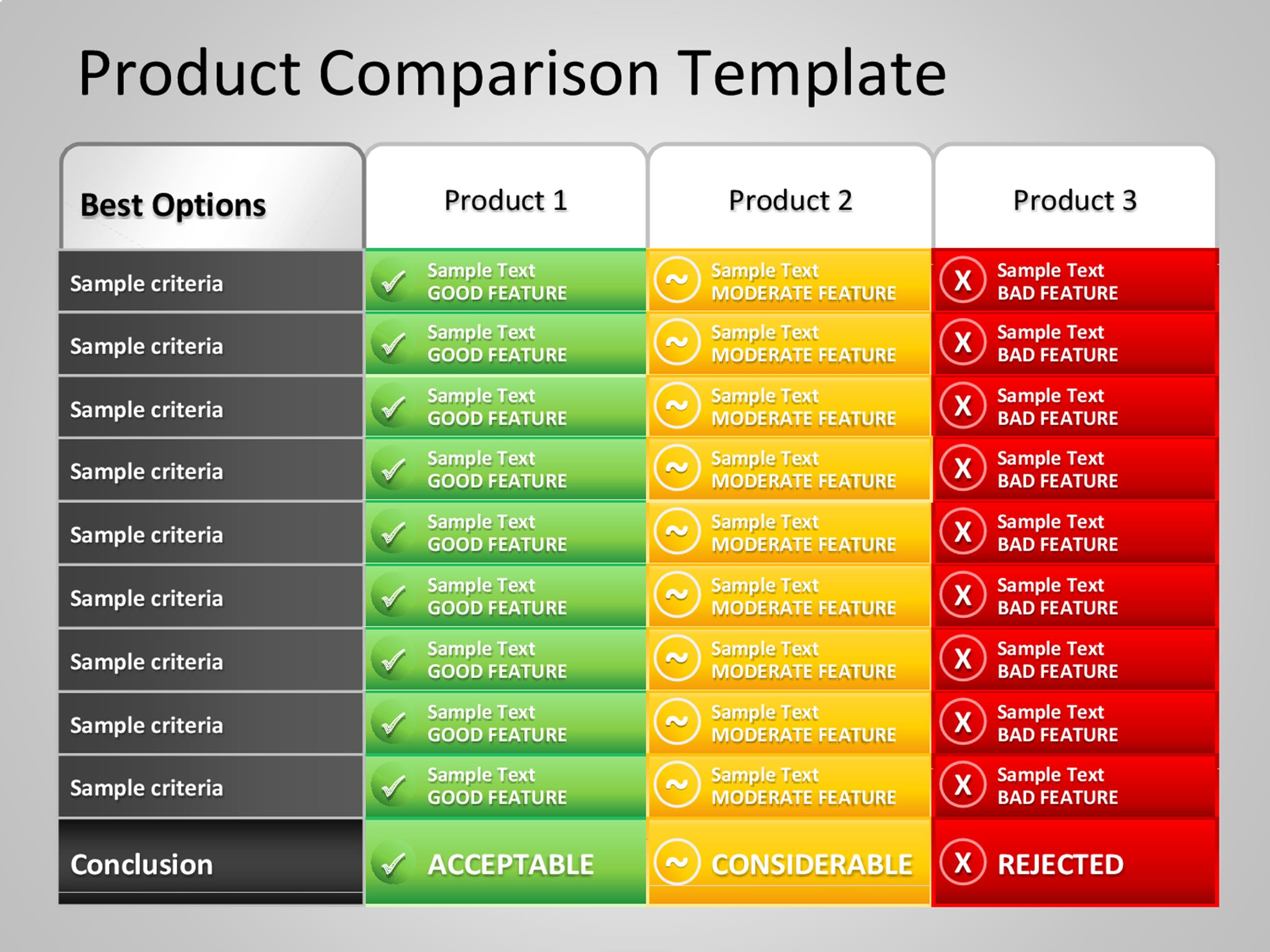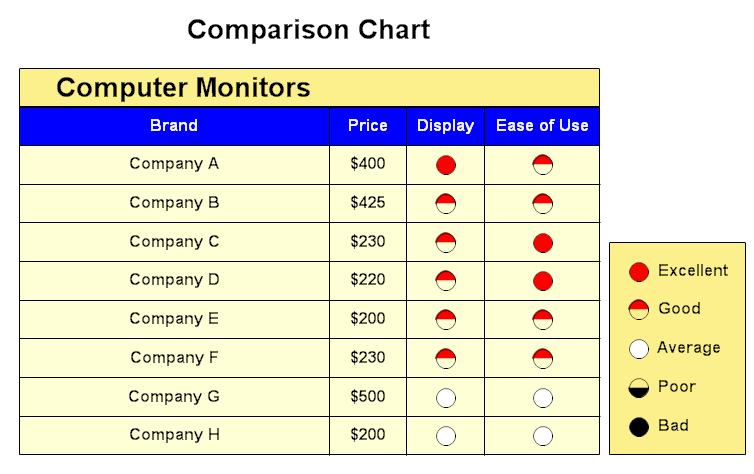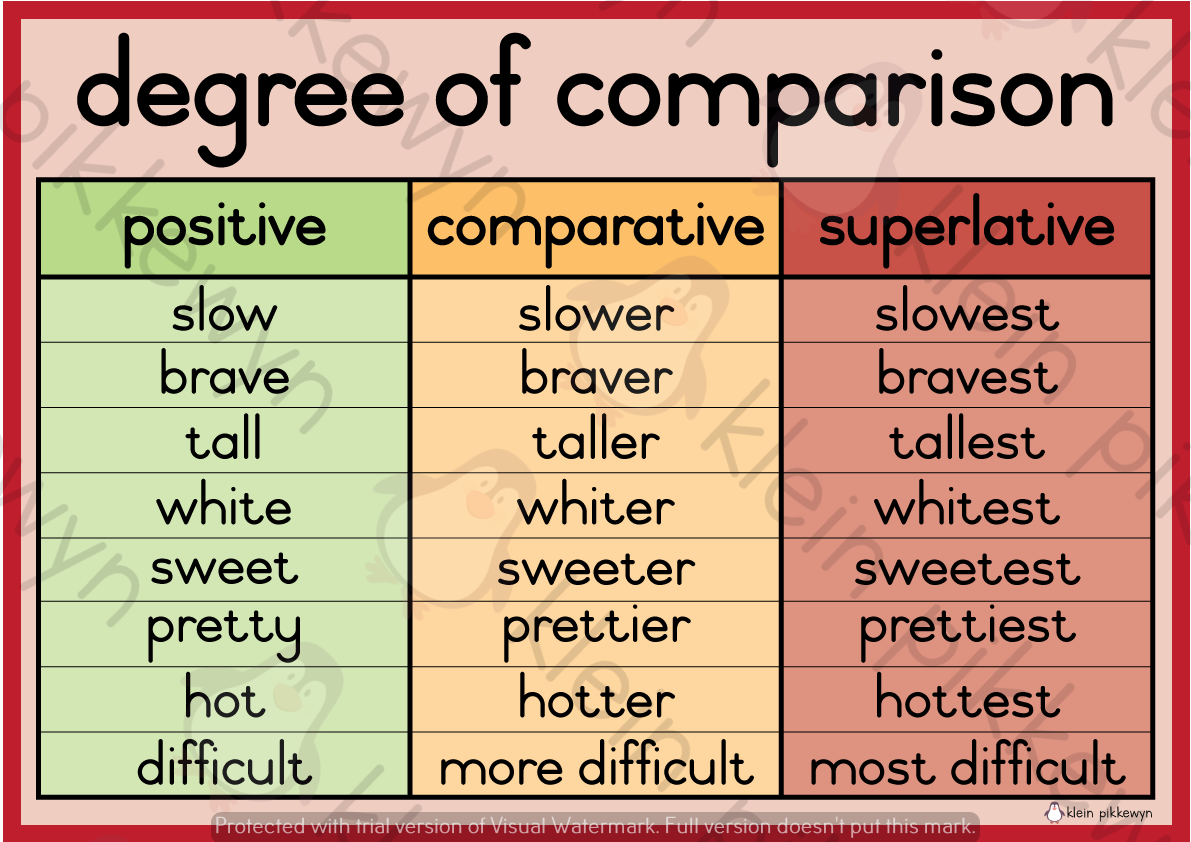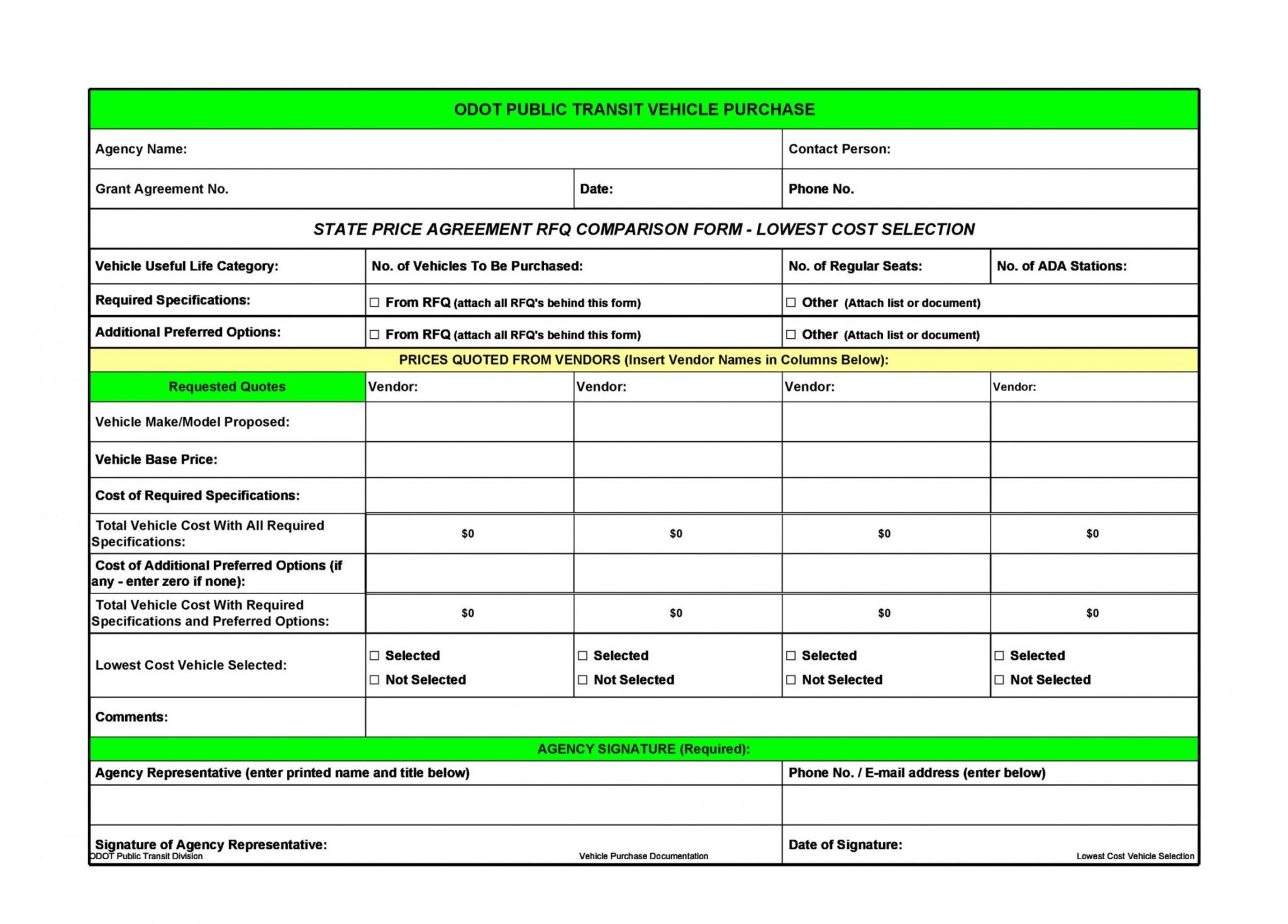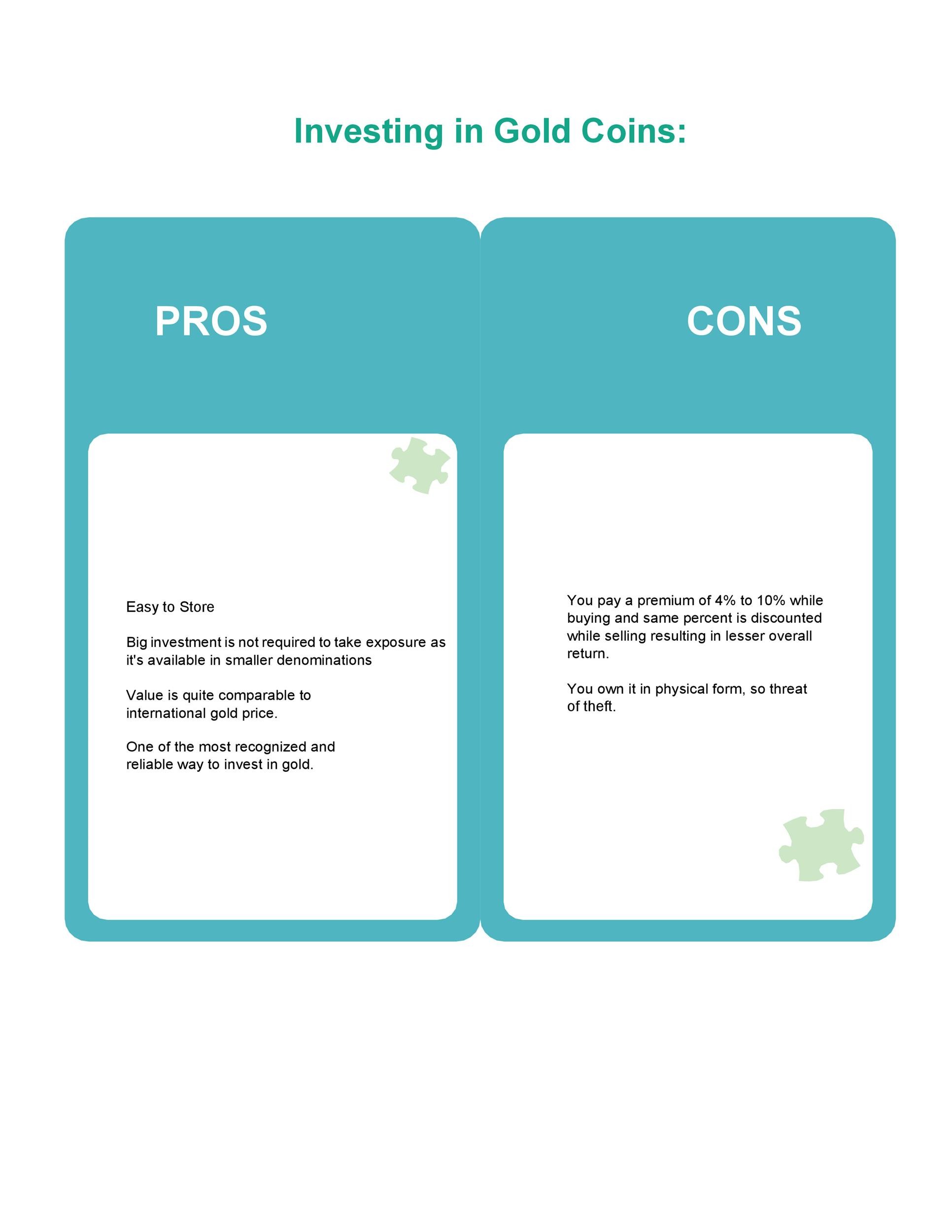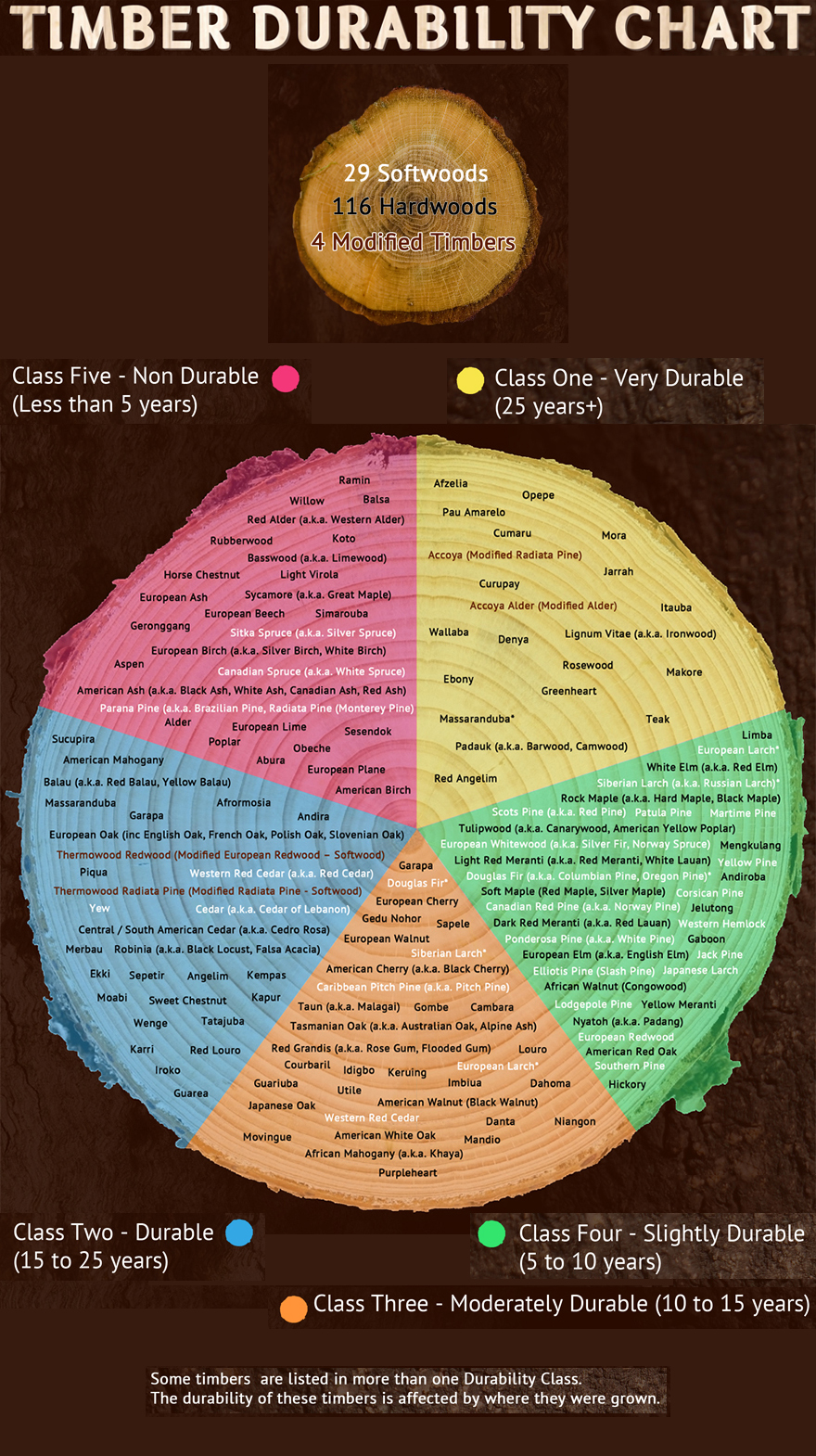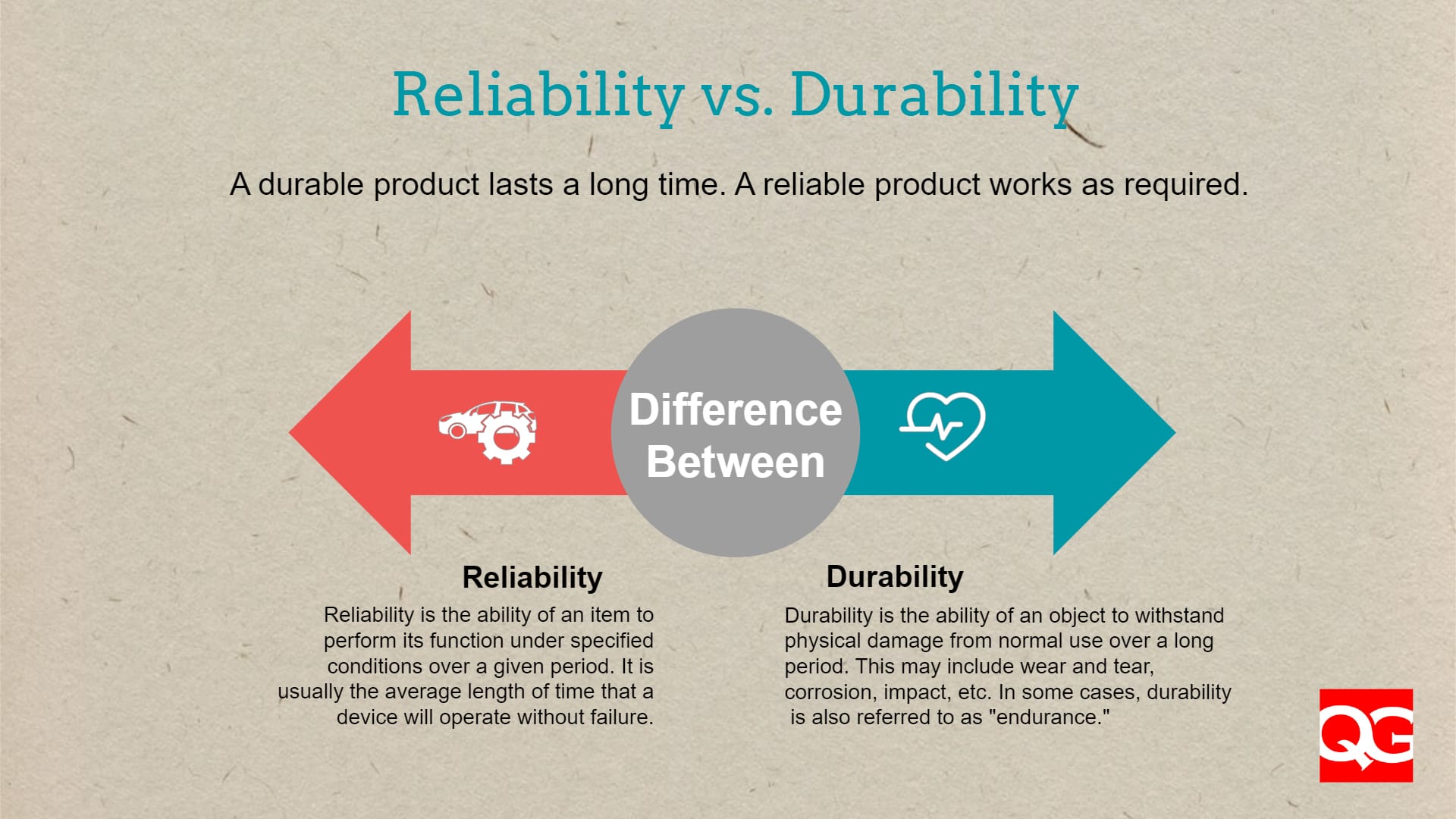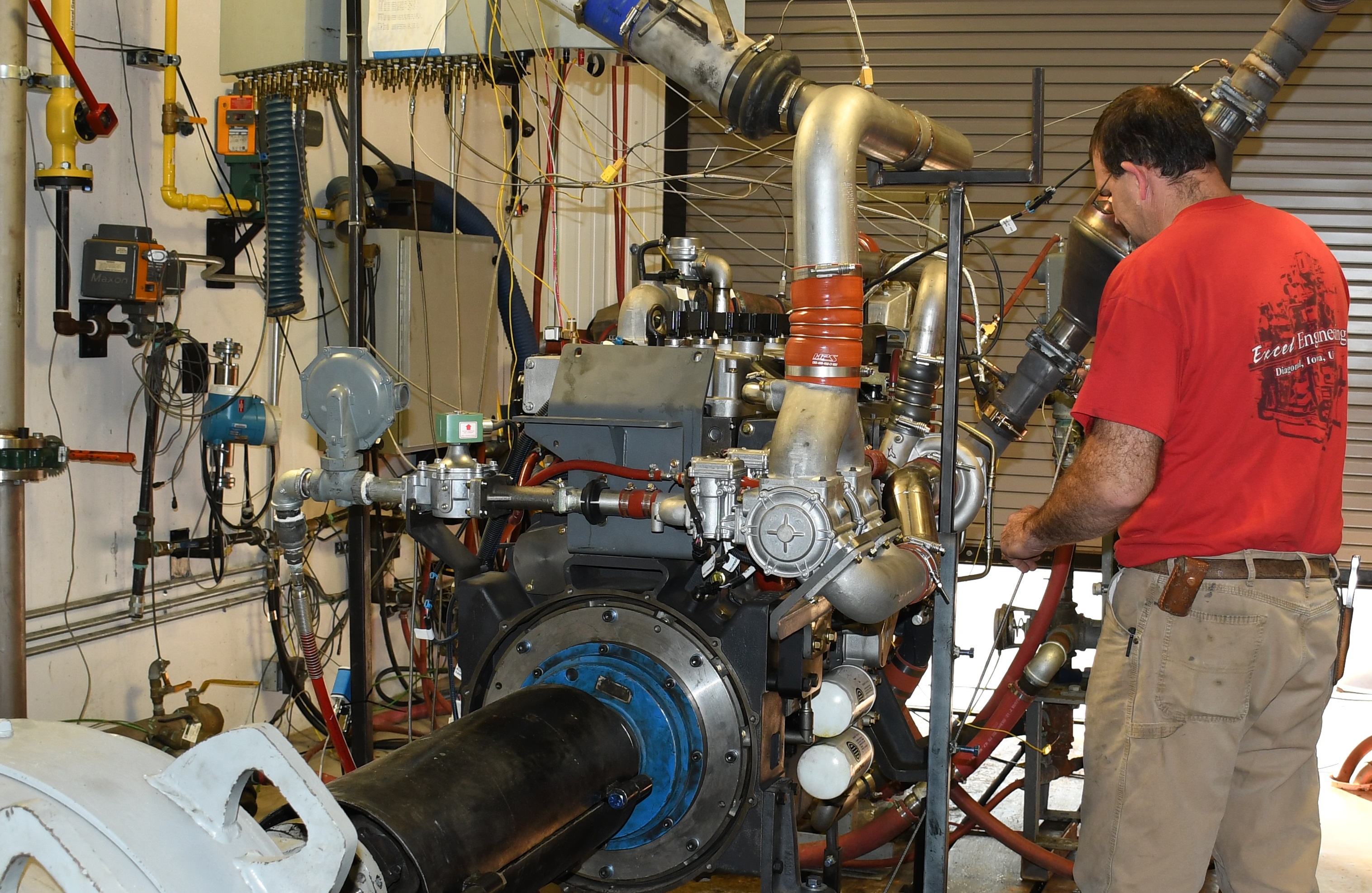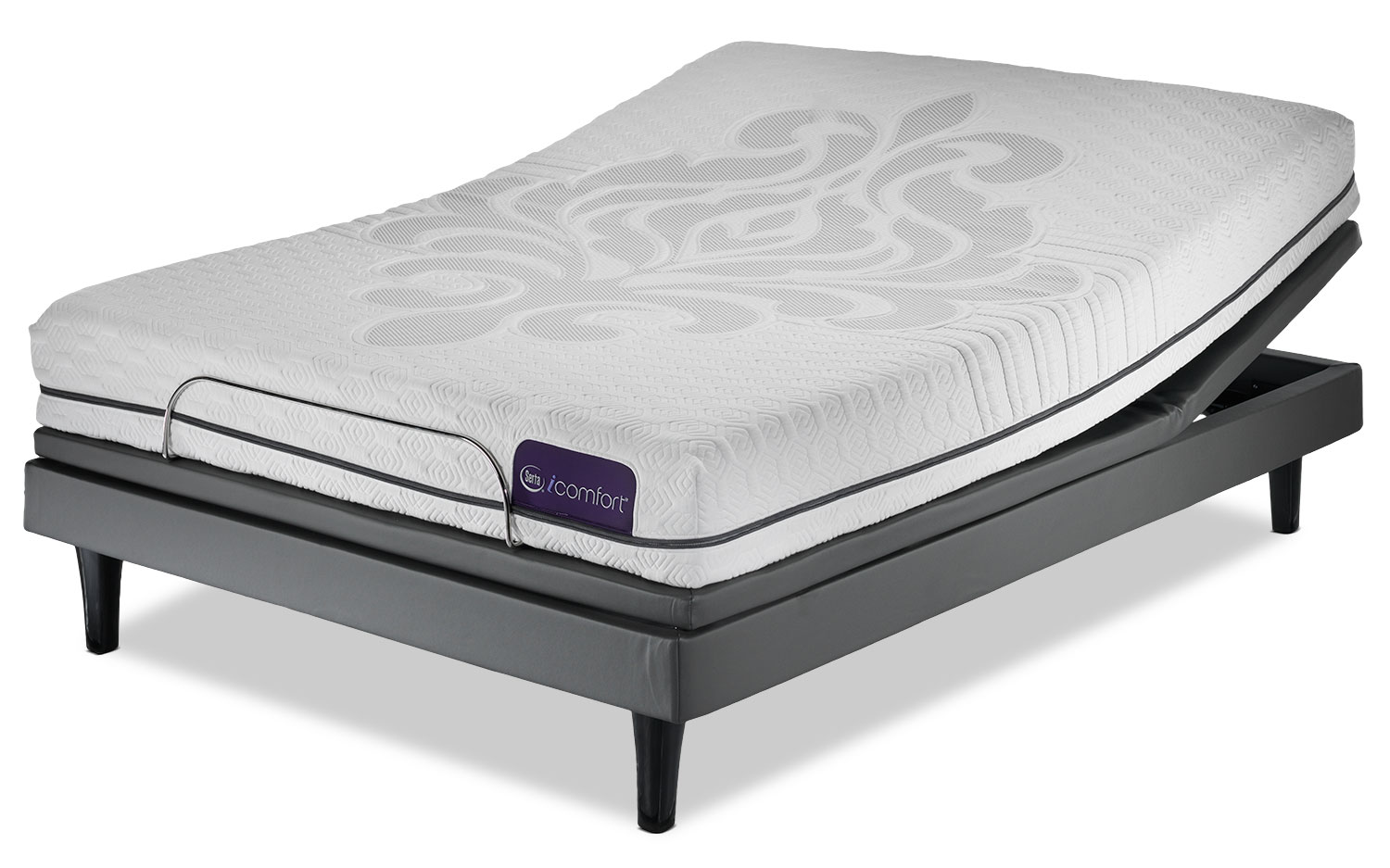The Ultimate Comparison: Air Mattress vs Memory Foam
When it comes to choosing the perfect mattress, there are many factors to consider. From comfort and support to durability and price, it can be overwhelming to sift through all the options available. Two popular choices are air mattresses and memory foam mattresses. In this article, we will be taking a closer look at these two types of mattresses and comparing their features to help you make an informed decision. So, let's dive in and see which one comes out on top - air mattress or memory foam?
Air Mattress: The Pros and Cons
An air mattress, also known as an inflatable mattress, is a type of mattress that is filled with air for support. It can be inflated and deflated using a pump or by blowing air into it manually. Here are some pros and cons of air mattresses to help you understand the main differences between the two:
Pros:
Adjustable Firmness: One of the biggest advantages of an air mattress is that you can adjust its firmness according to your preference. This makes it a popular choice for people with back pain as they can customize the level of support they need.
Easy to Store and Transport: Air mattresses can be deflated and folded, making them easy to store and transport. They are a great option for people who move frequently or have limited space.
Affordable: In general, air mattresses are more affordable compared to memory foam mattresses, making them a budget-friendly option.
Cons:
Prone to Punctures: One of the main drawbacks of an air mattress is that it is prone to punctures. If not handled carefully, it can easily get damaged, leading to uncomfortable sleep or even rendering it unusable.
Not as Durable: Air mattresses are not as durable as memory foam mattresses and may need to be replaced more frequently, making them a less cost-effective option in the long run.
Less Support: While air mattresses offer adjustable firmness, they may not provide the same level of support as memory foam mattresses. This can be a concern for people with chronic back pain or other health conditions.
Memory Foam: The Pros and Cons
Memory foam mattresses are made from a temperature-sensitive material that conforms to the shape of your body, providing customized support and pressure relief. Let's look at some of the pros and cons of memory foam mattresses:
Pros:
Excellent Support and Comfort: Memory foam mattresses are known for their exceptional support and comfort. They mold to your body, reducing pressure points and promoting better sleep.
Durable: Memory foam mattresses are known for their durability and can last for many years, making them a good long-term investment.
No Motion Transfer: Memory foam mattresses absorb movement, making them an ideal choice for couples or people who share a bed. You won't feel your partner tossing and turning at night, ensuring a peaceful sleep.
Cons:
Retains Heat: One of the biggest complaints about memory foam mattresses is that they retain body heat, making them unsuitable for people who tend to sleep hot.
Not Adjustable: Unlike air mattresses, memory foam mattresses do not offer adjustable firmness, so you have to be sure of your preferred level of support before making a purchase.
Heavy and Bulky: Memory foam mattresses are heavier and bulkier compared to air mattresses, making them difficult to move or store.
Comparing the Features
Now that we have looked at the pros and cons of both types of mattresses, let's compare some of their features to help you make an informed decision:
Comfort and Support:
Both air mattresses and memory foam mattresses offer comfort and support, but in different ways. While air mattresses allow you to adjust the firmness, memory foam mattresses conform to your body's shape, providing tailored support. It ultimately comes down to personal preference and specific needs.
Durability:
In terms of durability, memory foam mattresses have a slight edge over air mattresses. While air mattresses are prone to punctures and may need to be replaced more frequently, memory foam mattresses can last for many years with proper care.
Why Memory Foam Mattresses are a Popular Choice for House Design

Comfort and Support
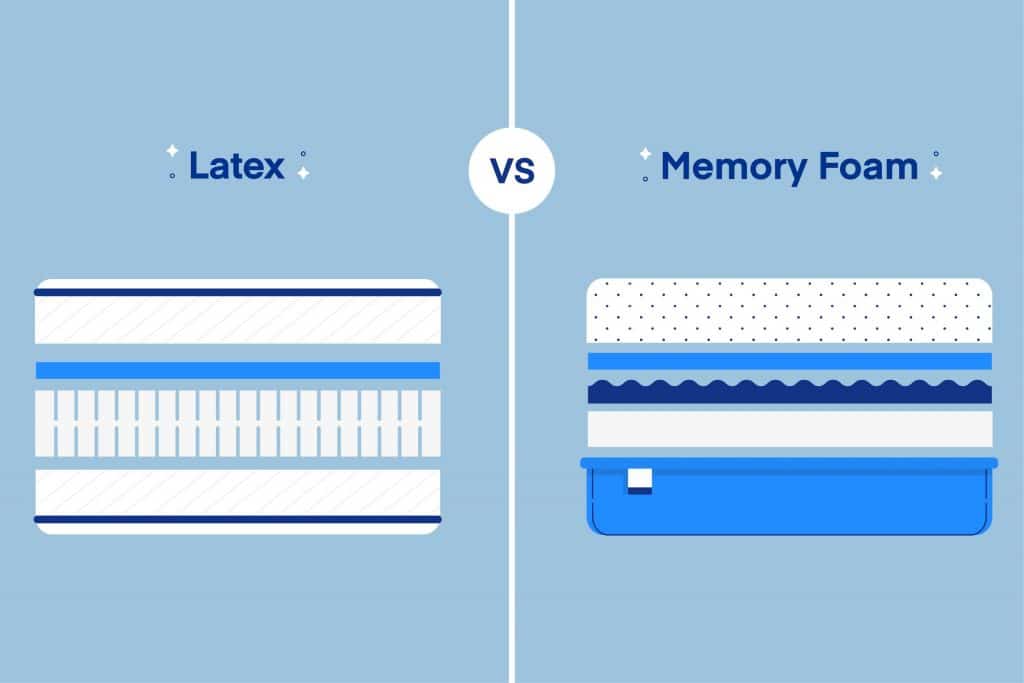 When it comes to designing the perfect bedroom, one of the main factors to consider is the comfort and support of the mattress.
Memory foam mattresses
are known for providing excellent support and pressure relief, making them a top choice for many homeowners. The foam molds to the shape of your body, providing a personalized sleeping experience that can help alleviate aches and pains. This is especially beneficial for those who suffer from back or joint pain. On the other hand,
air mattresses
may not offer the same level of support as they are filled with air, which can shift and create uneven pressure points during the night.
When it comes to designing the perfect bedroom, one of the main factors to consider is the comfort and support of the mattress.
Memory foam mattresses
are known for providing excellent support and pressure relief, making them a top choice for many homeowners. The foam molds to the shape of your body, providing a personalized sleeping experience that can help alleviate aches and pains. This is especially beneficial for those who suffer from back or joint pain. On the other hand,
air mattresses
may not offer the same level of support as they are filled with air, which can shift and create uneven pressure points during the night.
Durability and Longevity
 Investing in a high-quality mattress is important for both your comfort and your wallet.
Memory foam mattresses
have a longer lifespan compared to air mattresses. The foam is designed to retain its shape and support for many years, while air mattresses may puncture or deflate easily. This means that you may end up replacing an air mattress more frequently, leading to higher costs in the long run. Additionally, memory foam mattresses often come with longer warranties, giving homeowners peace of mind and ensuring that their investment will last for many years.
Investing in a high-quality mattress is important for both your comfort and your wallet.
Memory foam mattresses
have a longer lifespan compared to air mattresses. The foam is designed to retain its shape and support for many years, while air mattresses may puncture or deflate easily. This means that you may end up replacing an air mattress more frequently, leading to higher costs in the long run. Additionally, memory foam mattresses often come with longer warranties, giving homeowners peace of mind and ensuring that their investment will last for many years.
Temperature Regulation
 Another important factor to consider in house design is temperature regulation. A bedroom that is too hot or too cold can greatly impact your sleep quality.
Memory foam mattresses
are known for their ability to regulate body temperature, keeping you cool in the summer and warm in the winter. This is due to the open-cell structure of the foam, allowing for better air circulation and heat dissipation. On the other hand, air mattresses can retain heat and make you feel sweaty and uncomfortable, leading to a disrupted sleep.
Another important factor to consider in house design is temperature regulation. A bedroom that is too hot or too cold can greatly impact your sleep quality.
Memory foam mattresses
are known for their ability to regulate body temperature, keeping you cool in the summer and warm in the winter. This is due to the open-cell structure of the foam, allowing for better air circulation and heat dissipation. On the other hand, air mattresses can retain heat and make you feel sweaty and uncomfortable, leading to a disrupted sleep.
Customization and Versatility
 One of the biggest advantages of
memory foam mattresses
is their ability to be customized and versatile. There are various types of memory foam mattresses available, such as traditional, gel-infused, and plant-based, each with its own unique features and benefits. This allows homeowners to choose a mattress that caters to their specific needs and preferences. Additionally, memory foam mattresses can be used on different types of bed frames, making them a versatile option for any house design. On the other hand, air mattresses may be limited in terms of compatibility and customization options.
In conclusion, while both air mattresses and
memory foam mattresses
have their own advantages, the latter is a popular choice for house design due to its comfort, support, durability, temperature regulation, and versatility. When it comes to creating the perfect bedroom, investing in a high-quality memory foam mattress can greatly enhance your sleep experience and contribute to a well-designed and comfortable living space.
One of the biggest advantages of
memory foam mattresses
is their ability to be customized and versatile. There are various types of memory foam mattresses available, such as traditional, gel-infused, and plant-based, each with its own unique features and benefits. This allows homeowners to choose a mattress that caters to their specific needs and preferences. Additionally, memory foam mattresses can be used on different types of bed frames, making them a versatile option for any house design. On the other hand, air mattresses may be limited in terms of compatibility and customization options.
In conclusion, while both air mattresses and
memory foam mattresses
have their own advantages, the latter is a popular choice for house design due to its comfort, support, durability, temperature regulation, and versatility. When it comes to creating the perfect bedroom, investing in a high-quality memory foam mattress can greatly enhance your sleep experience and contribute to a well-designed and comfortable living space.





